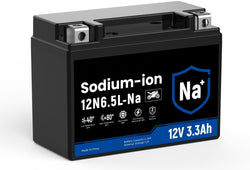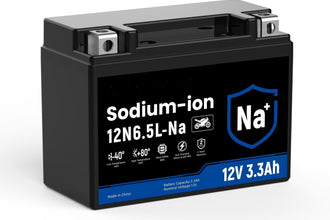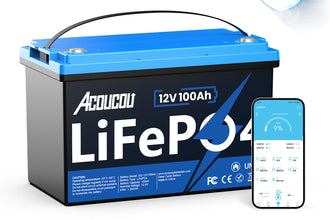

I believe those who have used LiFePO4 batteries have heard of BMS. Today, we will make a brief introduction to BMS.
What is BMS?
BMS is Battery Management System. It is a device used to monitor the status of energy storage batteries, mainly for intelligent management and maintenance of various battery units, to prevent overcharging and discharging of batteries, extend the service life of batteries, and monitor the status of batteries.
Topologies
From the perspective of topologies, BMS is divided into centralized, distributed and modular based on different project requirements.
- Centralized
A single controller is connected to the battery cells through a multitude of wires. In short, it is that all battery cells use a single BMS hardware, suitable for situations with fewer battery cells.
Pros: simple design and construction.
Cons: long and numerous connections, low reliability, and limited battery management.
- Distributed
A BMS board is installed at each cell, with just a single communication cable between the battery and a controller.
Pros: simple design and construction, few connections, high reliability, and easy expansion.
Cons: each battery requires a control board, which is cumbersome to install and costly.
- Modular
A few controllers, each handling a certain number of cells, with communication between the controllers.
Pros: no need to install control circuit boards on each battery, flexible connection; slaves are close to the battery to avoid excessively long connections; easy to expand.
Cons: communication isolation between master and slave needs to be considered, with diverse communication and complex control.
How does BMS work?
- Monitor the battery
This is a basic function that includes the measurement and calculation of some indicator parameters, including voltage, current, temperature, electricity quantity, SOC, SOH, SOP, and SOE. If the data exceeds the range, it will trigger the power module to shut down. Due to the high sensitivity of lithium battery cells to overcharging and over-discharge, imbalanced cells can lead to thermal runaway and cell degradation. This will reduce efficiency and shorten battery life. The working voltage of the battery is between 2.5V and 4.2V, depending on the lithium chemical used. Running the battery beyond this range will significantly shorten its lifespan and may even damage the battery.
However, it is convenient that you can check the Acoucou batteries anytime with Bluetooth.

- Protect the battery
When the battery encounters an abnormal state, the BMS gives a warning and takes measures to protect the battery. At the same time, the abnormal alarm information will be sent to the monitoring and management platform such as Acoucou BMS APP and different levels of alarm information will be generated.
Lithium batteries mainly issue alarms for the following issues:
Overcharging: the overvoltage of a single cell, overvoltage of total voltage, charging overcurrent;
Overdischarge: the undervoltage of single cell, undervoltage of total voltage and discharge overcurrent;
Temperature: cell temperature too high, ambient temperature too high, MOS temperature too high, cell temperature too low and ambient temperature too low;
Status: water immersion, collision, inversion, etc.
- Balance the battery
The necessity of balanced management comes from the inconsistency in the production and use of batteries.
From the perspective of production, each battery has its life cycle and characteristics. There are no two identical batteries. Due to the different materials of the diaphragm, cathode, anode, etc., the capacity of different batteries cannot be completely consistent. The consistency indicators of pressure difference, internal resistance, etc. of each cell that forms a 48V/20AH battery pack vary within a certain range.
From a usage perspective, the process of electrochemical reactions during battery charging and discharging is never consistent. Even if it is the same battery pack, different temperatures and bumps can cause different battery charging and discharging amounts, resulting in inconsistent battery cell capacity.
Therefore, batteries require both passive and active balance. It sets a threshold for starting and ending equalization: for example, in a group of batteries, when the difference between the extremum value of the individual voltage and the average voltage of this group reaches 50mV, balance is started, and 5mV is the end of the balance.

Acoucou uses the advanced BMS to protect battery safety and extend battery life. But regular maintenance and reducing battery damage are also necessary. Technology and appropriate maintenance can provide longer battery life.











